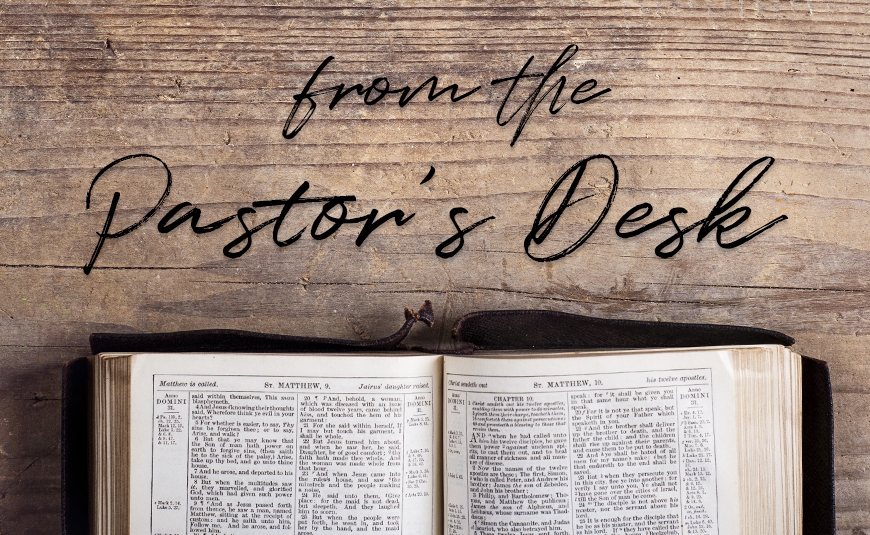When I’m feeling stressed and having a bad day, I find it helpful to remember the prophet, Jeremiah. For him, bad days were the rule rather than the exception. Compared to what he had to deal with, my little problems (to quote the movie Casablanca) “don’t add up to a hill of beans.” Over the course of his lifetime, Jeremiah–sometimes called “the weeping Prophet”–witnessed his beloved Jerusalem deteriorate from mighty regional power to besieged city and finally to conquered ruins. In spite of his efforts to warn the leaders of the impending destruction at the hands of the Babylonians, no one paid him any attention. For his trouble, he was scorned, laughed at, rejected, humiliated, and eventually arrested. When the Babylonians conquered and destroyed the city in 586 BC, Jeremiah managed to escape. While his fellow countrymen were led into exile in Babylon, Jeremiah fled to Egypt, where he spent the rest of his life in exile, lamenting the destruction of his homeland.
The deep emotional and spiritual pain these events caused him are evident on almost every page of Jeremiah and Lamentations. Out of his grief and sorrow there emerged a rather dark picture, replete with dire predictions, impassioned rantings, and severe warnings. Yet running like a strong cord throughout is also an absolutely unshakable sense of hope. As bad as things were, Jeremiah continued to believe God was sovereign and in control of history. Jeremiah was steadfast in his conviction that God would turn disaster into triumph and one day the exiles would return and rebuild Jerusalem. In spite of all that had happened, he firmly believed that out of the ashes, God would create a future for His people, and that it would be good.
When faced with tough times in our own lives (especially those struggles that don’t seem to ever go away), we would do well to consider the example of Jeremiah. Along with the inevitable “Why?” questions (“Why me? Why now?”), it might be helpful to ask ourselves a few others. For example:
Do I really believe there is a God? Do I believe God is good? And that He has good intentions for my life? Do I believe God is powerful? Powerful enough to influence and alter events in our world? Do I believe that out of His goodness and power, God is working in my life? Do I believe that even now, as I am going through this difficulty, God is working in my life to accomplish His good intentions for me?
God Himself taught Jeremiah an important lesson along these lines by sending him to the home of a local craftsman to observe how pottery is made. As he watched, he saw one piece of pottery that wasn’t turning out quite right. In order to correct its flaws, the potter took the clay, flattened and kneaded it, then reshaped it into exactly what he intended. God then explained the meaning of this object lesson to Jeremiah. God is the potter and we are the clay. Although at times we may feel as though life is “working us over”, through it all our Creator is using His skill and power to mold us into precisely the kind of people we were intended to be. Regardless of what we may be going through, God is working, kneading, and shaping us.
So next time you’re having a bad day, think of Jeremiah. Ask yourself some of those Jeremiah questions. And you might even want to take a moment to close your eyes and feel the strong, loving hands of God the Potter upon you. There is firmness and power in His hands, but also a gentle goodness. Skillfully and lovingly, your Creator is making “something beautiful” out of your life!
Be sure to check out this article in our full newsletter from May 2023 - Click Here!


